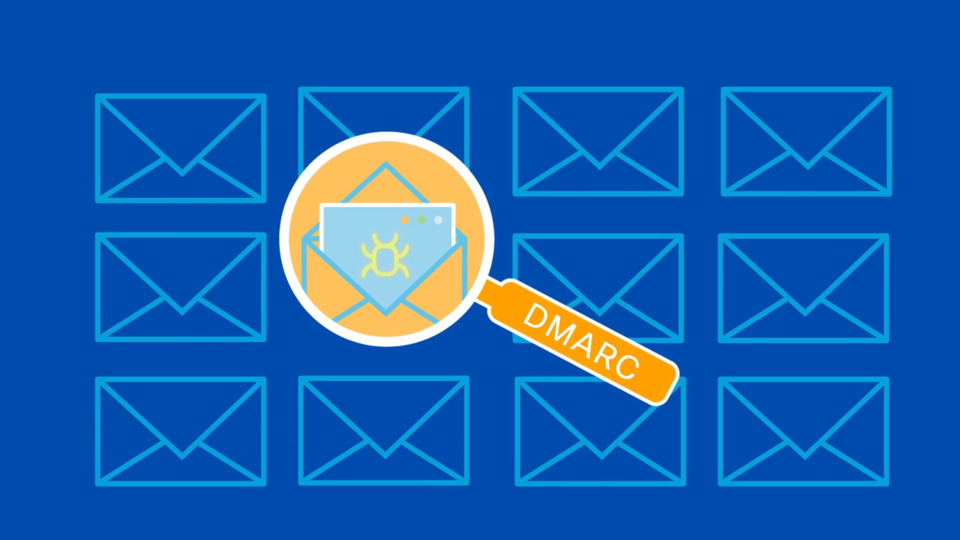An email authentication technique known as DMARC that is found online. It plays a significant part in the fight against email phishing and spoofing assaults, hence contributing to an increase in email security.
DMARC is important for a variety of reasons, some of which are listed below:
- Authentication of Email: The Domain Message Authentication, Reporting, and Conformance Protocol (DMARC) offers a means to check the legitimacy of the sender’s domain. It makes it possible for the email server of the receiver to verify whether the email message genuinely came from the stated domain, which verifies that the sender is an authorized user. This authentication helps protect against phishing attacks, in which the perpetrators of the assault try to trick receivers by seeming to be reputable companies.
- Protection Against Spoofing: Domain spoofing is a method that is often used by hackers to deceive email recipients into thinking that an email is coming from a reliable source when in reality it is not. DMARC protects against this practice by preventing domain spoofing. DMARC works to guarantee that only authorized senders may use a given domain by implementing stringent email authentication requirements. This helps to reduce the likelihood that receivers will receive faked emails.
- Increased Email Deliverability is Possible: When DMARC Is Correctly Implemented. When a company implements a DMARC policy, email service providers (ESPs) and receiving servers are able to validate the legitimacy of the sender’s domain. This verification helps to create confidence, and it also reduces the likelihood that valid emails will wind up in spam or trash folders, which increases the likelihood that they will reach the individuals for whom they were meant.
- Visibility and Reporting: DMARC offers useful reporting capabilities that enable domain owners to acquire insights about email usage and possible abuse of their domains. These insights may be used to take appropriate action. It does this by generating reports on email authentication failures, which may include information on unauthorized senders or efforts to spoof emails. These reports provide the capability for enterprises to monitor and analyze email traffic, identify vulnerabilities, and take the required steps to improve their email security posture.
- Brand Protection: The Domain Message Authentication, Reporting, and Conformance tool, or DMARC, helps a company safeguard its brand reputation by preventing illegal use of its domain for nefarious reasons. DMARC lowers the probability that hackers would use an organization’s brand name in phishing emails or other fraudulent communications since it requires a stringent level of email authentication to be passed. Because of this protection, customers may have greater faith that the organization’s emails they receive are authentic. This helps to keep customers loyal to the brand.
- Compliance with Industry legislation: There are many different industries, such as the financial sector, the healthcare industry, and the government sector, that have distinct legislation and compliance requirements for email security. Implementing DMARC not only complies with these standards but also helps toward achieving compliance responsibilities. It displays a commitment to email security best practices and protects sensitive information from being accessed inappropriately or misused without authorization.
In conclusion, DMARC is an essential tool for preserving an organization’s brand reputation, preventing phishing and spoofing attacks, enhancing email deliverability, and assuring the safety of email communications. Organizations have the ability to improve their email authentication by adopting DMARC regulations, as well as gain insight into their email traffic and decrease the risks associated with fraudulent email operations.




